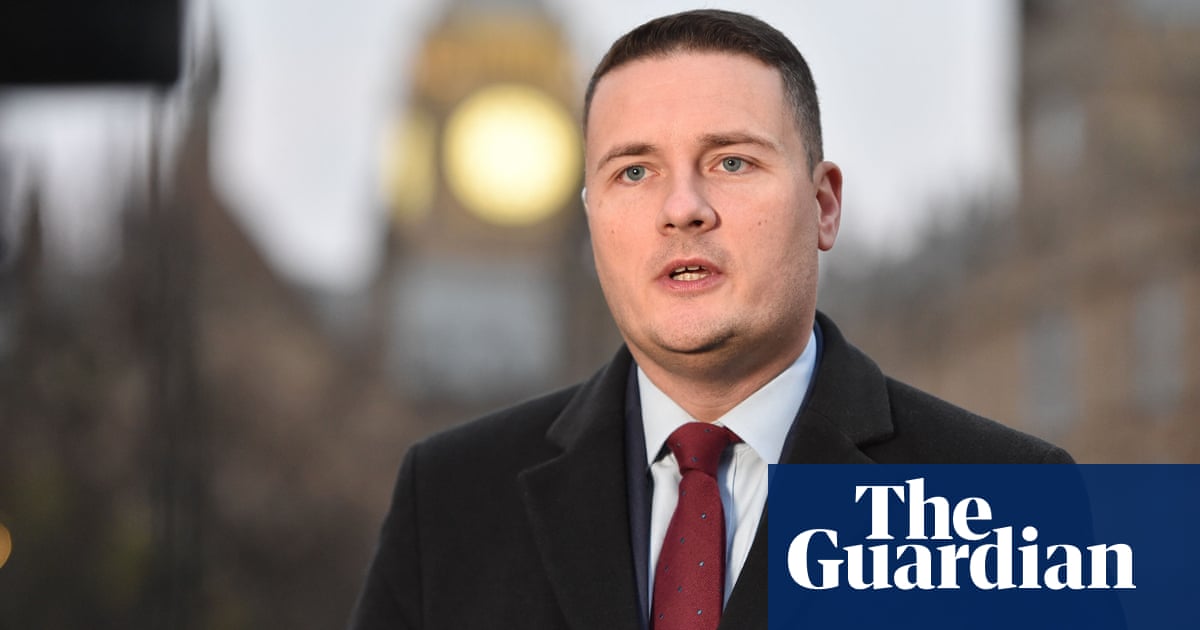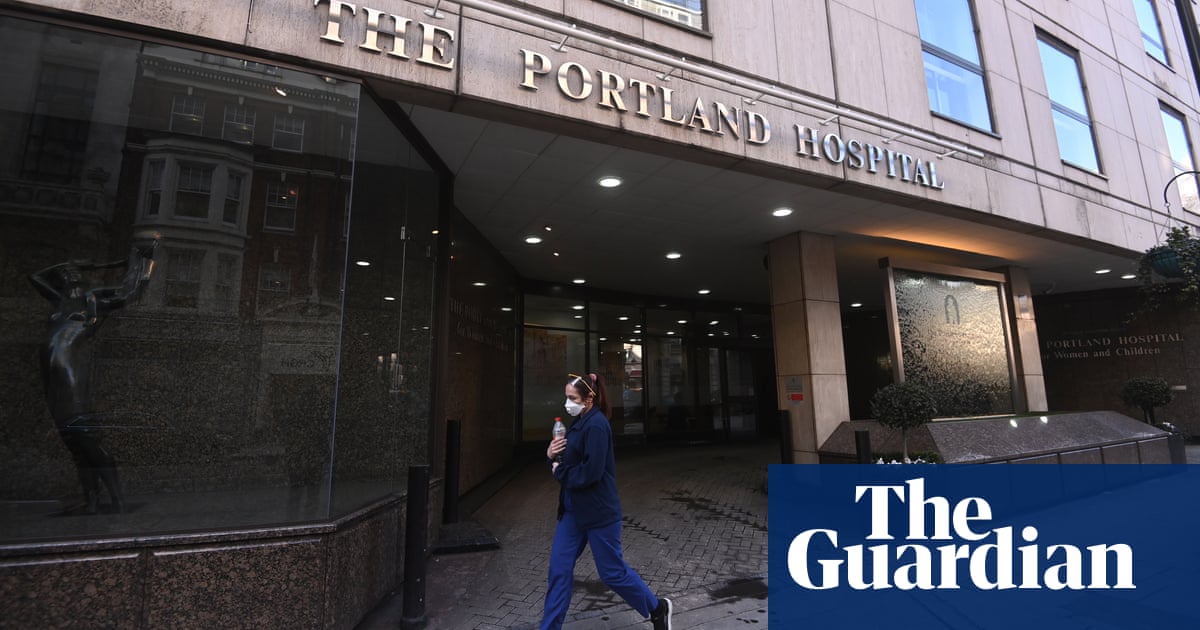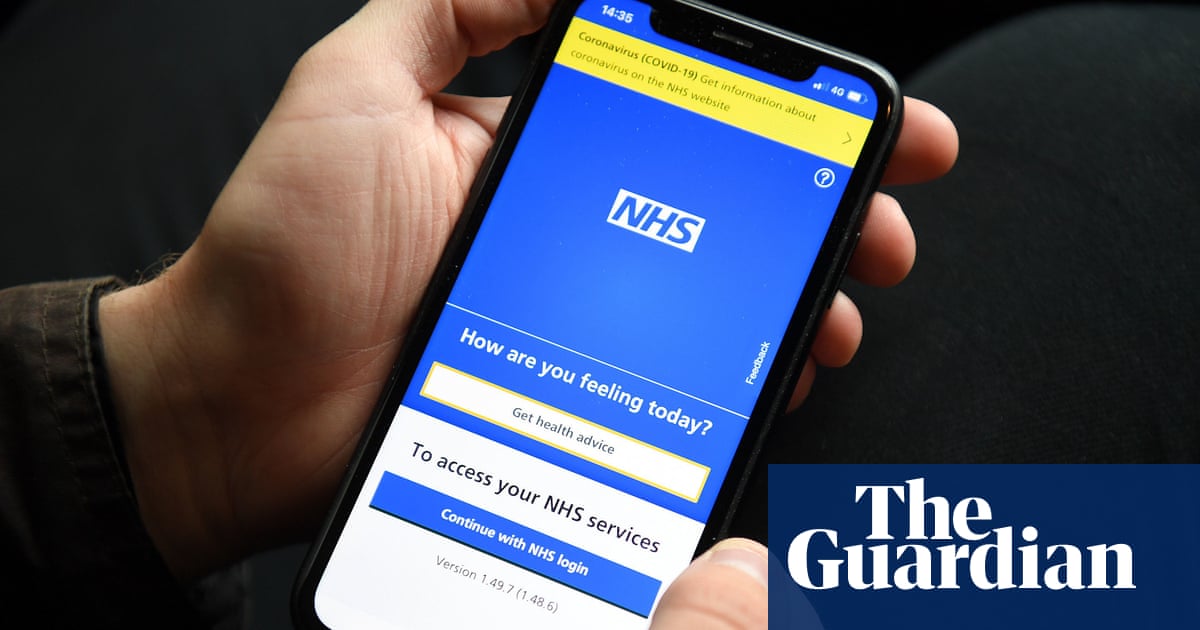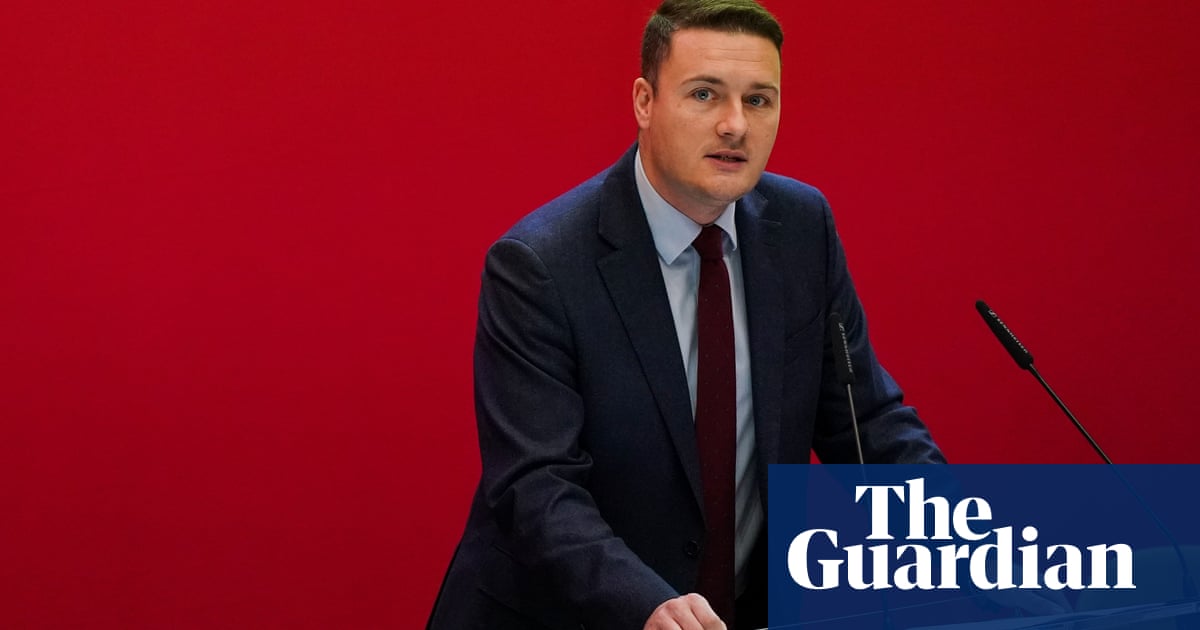
Matt Hancock, the health secretary, and NHS bosses are pushing for a £5bn-a-year deal to treat NHS patients in private hospitals and tackle a spiralling backlog amid the coronavirus pandemic, the Guardian has learned.
But the Treasury is blocking the plan, which could cover a range of treatments including cancer surgery, joint operations and cataract removals amid concerns that it will not offer value for money.
The Department of Health and Social Care (DHSC) and NHS England want the Treasury to fund an extension of a contract that has resulted in scores of private hospitals being paid about £400m a month to perform procedures since the start of the pandemic, when the NHS suspended swathes of non-urgent treatment to prioritise Covid-19 patients.
The deal, agreed in March, in effect gave the NHS control of the private sector’s 8,000 beds, 680 operating theatres and 20,000 staff, though there were concerns that many hospitals stood near-empty during the Covid-19 crisis. It has never confirmed how much the scheme costs.
Health bosses believe extra capacity is vital if the NHS is to avoid the number of people waiting for treatment in England hitting 10 million by the end of the year, as predicted by the NHS Confederation last week. NHS chiefs told the Guardian this projection was a realistic outcome, especially as the need for physical distancing means hospital bosses project they will be able to operate at only 60-70% of normal capacity.
Reservations at the Treasury are so strong, however, that it has refused to sign off the deal, which the DHSC and NHS England’s chief executive, Simon Stevens, had already agreed with representatives of big private hospital groups such as Spire Healthcare, Ramsay Health Care and HCA International.
At the start of the month the Treasury stepped in at the 11th hour to stop the DHSC from announcing the deal and has told NHS England to get more detailed commitments from private firms about the numbers of patients who will be treated every month in return for the £400m payments.
Treasury officials believe the evidence that the DHSC submitted to it to justify extending the deal beyond the end of this month until December 2020 or March 2021 is flimsy and inadequate.
They are concerned that private facilities have treated few NHS patients since the unprecedented tie-up began in late March as part of emergency coronavirus arrangements and that many have been lying idle.
“Private health facilities have been very, very quiet over recent months. They have been paid to stand empty, by and large,” said Colin Hutchinson, a consultant ophthalmologist in the NHS and chair of the anti-privatisation campaign group Doctors for the NHS.
The Federation of Independent Practitioner Organisations, which represents consultants in private practice, recently warned that there had been a “gross under-utilisation” of non-NHS facilities and that “the money being poured into the private sector is a total waste”.
NHS England has refused to disclose how many patients have been treated by private providers since March, even though they collect this data each day.
A senior NHS source aware of the plan said: “The deal with the private sector costs about £400m a month so the Treasury said they had to provide a business case for [extending] it. They weren’t going to cover that £400m a month based on evidence they thought was flimsy and a bit scant.
“The DHSC submitted only a short piece of paper and didn’t put any detailed analysis into it. It didn’t outline how many operations the taxpayer would get in return for the money. But the Treasury wanted much more detail before they would agree to underwrite £400m a month for many more months.”
NHS chiefs stress that the service will need to send patients to private facilities for the foreseeable future as hospitals will only be able to function at 60% to 70% of their usual capacity because of the need to keep them as free of the virus as possible. The application of physical distancing rules in hospitals has forced them to treat only three or four patients in bays designed for six, for example.
NHS England and the Independent Healthcare Providers Network are holding talks in a bid to thrash out a deal that will satisfy the Treasury. The chancellor, Rish Sunak, is understood to be concerned about the huge sums the government has been forced to spend to support public services, employment and the wider economy to stop the coronavirus crisis bringing the country to its knees.
David Hare, the chief executive of the Independent Healthcare Providers Network, said: “Having treated tens of thousands of NHS patients during the peak of the pandemic, independent hospital providers are working closely with government to get many more NHS patients treated whilst freeing up capacity for returning to treat more privately insured and self-pay patients.”
An NHS spokesperson said: “Tens of thousands of NHS patients across the country have already benefited from safe access to urgent operations, cancer treatment and other tests and checks in spite of the significant challenges posed by coronavirus, and at the same time as contributing extra capacity, staff and equipment to treat those with the virus.
“With the first phase of the virus now behind us, talks are ongoing over what assistance independent hospitals can provide to their local NHS counterparts as we plan to bring back as many services as possible in the safest way for both patients and staff, while remaining ready for any future increase in Covid-19 cases.”












